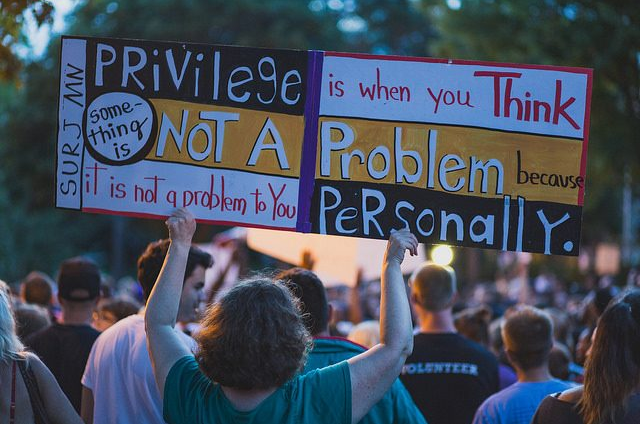The Second Wave of Privilege

In this article we will discuss the inequities and privileging in our society. This includes Whiteness, High-rise living, and Politicians. What is the second wave of privilege and how do we deal with it? And what can we do to stop the spread of this disease? We must act now to change our culture. Read on to find out more. This second wave privilege pandemic is just around the corner. Let’s start a dialogue about it today.
Inequities in our society
The recent crisis has brought the issue of inequality to the forefront. Inequity between workers and low-income groups is worsened by the lack of paid leave. These workers fill essential jobs that require low wages, like home health aides, sanitation workers, and public transit workers. These workers, who are often low-paid, often overlap with neighborhoods long afflicted with environmental injustices.
Whiteness as privilege
Many white people have a hard time recognizing their own privilege. The idea that everyone deserves a fair shot at life may seem reasonable to them. But when it comes to discrimination against people of color, whiteness seems to have even more disproportionately negative effects than the first wave. We should be extending the same compassion and fairness to people of color as we do to white people.
Politicians as privileging
The authors of Politicians as Privileging Pandemic engage in a global discourse that focuses on gendered politics and the effects of gender on national institutions. Throughout the book, they cite experts and activists from different countries and highlight the need to examine gender politics in political institutions. They interview Hungarian women’s lobby chair Reka Safrany, gender consultant Carmen Alanis, former Mexican electoral court magistrate Carmen Ayala, Lebanese activist Vicky El-Khoury Zwein, Ugandan politician Margaret Birungi, Brazilian political scientist Flavia Biroli, and Polish parliamentarian Wanda Nowicka.
Political inequities in healthcare
The debate on health insurance and racial disparities in health care continues to rage, with researchers calling for a “systemic approach” to combat inequalities. This includes expanding health insurance coverage to all Americans. The issue is especially urgent since racial disparities are largely invisible. Yet the debate continues to be raging because of blatant systemic inequities.
